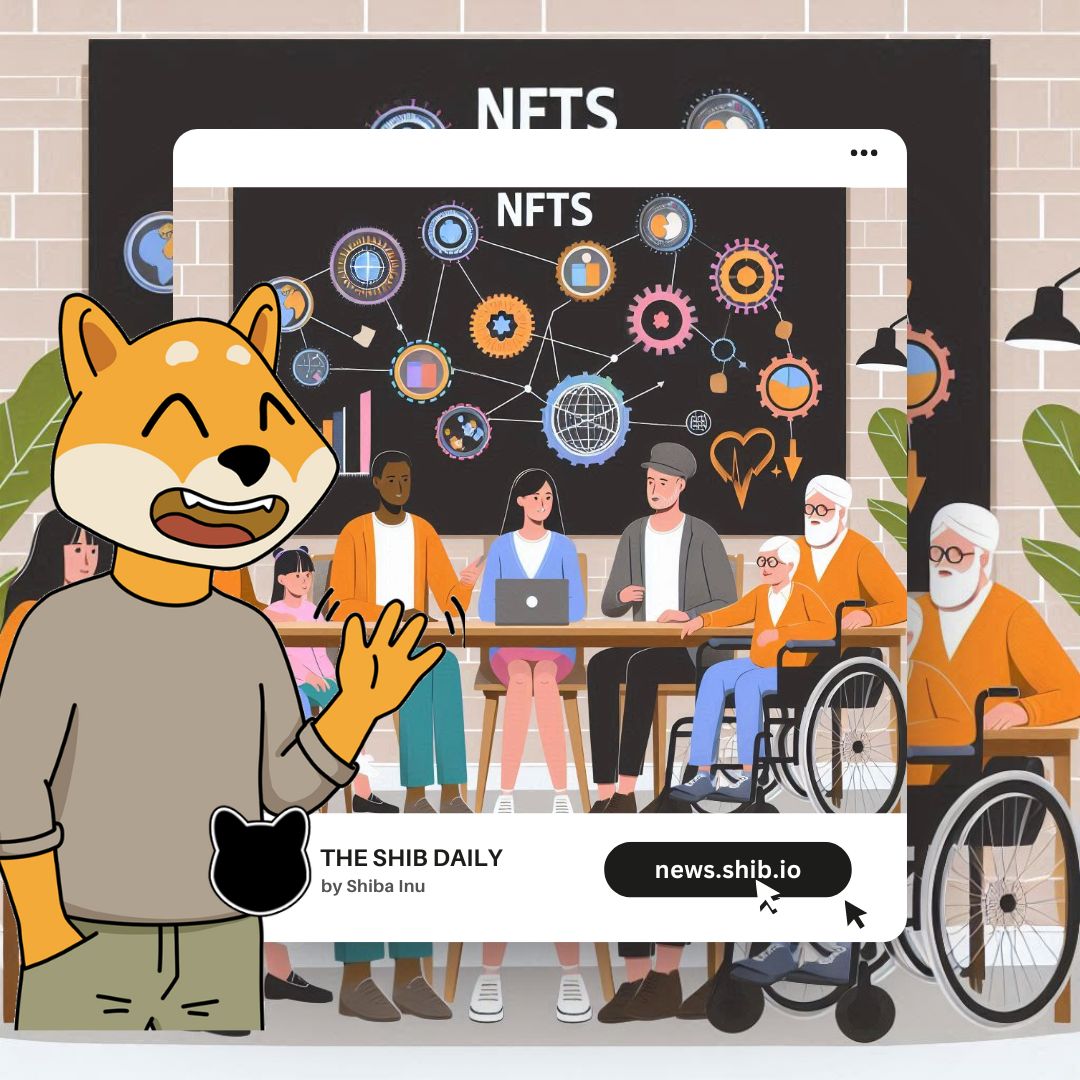Securities and Exchаnge Commissioners Hester Peirce and Mark Uyeda expressed dissent on Monday from SEC’s recent decision to issue an administrative order against FlyFish Club (FFC) for allegedly offеring “crypto asset securities.”
In a joint statement, the two Commissioners argued that the agency is becoming overly focused on crypto-related cases at the expense of innovation.
The FlyFish Club (FFC) is a private dining club that sells memberships in the form of non-fungible tokens (NFTs). People could transfer these tokens without the club management’s involvement.
The SEC ruled that FFC’s membership NFTs were securities. As a result, the SEC fined FFC $750,000 and required it to stop all NFT-related activities. The SEC’s action consequently sparked a debate over how securities laws apply to new business models utilizing blockchain technology.
Related: How to Use Layer 2 Solutions to Speed Up Ethereum Transactions
“Flyfish Club, a dining club, sold NFTs — unique digital tokens recorded on a blockchain — as the exclusive way to access a yet-to-be-built restaurant and bar,” Peirce and Uyeda noted. “Flyfish NFT owners will be eligible to eat in the restaurant, which is scheduled to open soon. They can also lease or sell their NFT, and Flyfish Club received royalties for secondary sales, totaling $2.7 million.”
Peirce аnd Uyeda highlighted that FFC has raised $14.8 million by selling approximately 3,000 NFTs. The prices for these were bifurcated as $8,400 for the regular NFTs and $14,300 for the Omakase NFTs. They emphasized that the social and experiential aspects were central to the FlyFish Club model — not the prospect of financial returns for NFT holders.
SEC’s NFT Ruling Sets a Risky Precedent for Creative Ventures, Commissioners Warned
Peirce and Uyeda warned that the SEC’s decision to penalize FFC sets a dangerous precedent, questioning where it would draw the line and suggesting that future cases could target similar membership structures, such as those in country clubs or other social organizations. “Experiments like Flyfish Club are not a threat to the American investor,” they said.
They further noted that there was no need for securities laws in this case. “The Flyfish NFTs were simply a different way to sell memberships. Why shouldn’t a chef be able to sell memberships to eat at her kitchen table and to collect royalties on resаles of those mеmberships?”
Related: NFT Minting Terms Every Creator Must Know Before Their First Mint
In their opinion, NFTs offer a promising waу to allow creative people like chefs, musicians, or visual artists to monetize their talent. The NFTs also present an efficient way of selling access to experiences and communities. “Creative people should be able to experiment with NFTs without having to consult a high-priced tea-leaf reader — ahem, lawyer. The Commission can change its menu to include a healthy serving of guidance to give non-securities NFT creators the freedom to experiment,” they wrote.
On X, Nate Geraci (@NateGeraci) applauded this move by the SEC Commissioners.












